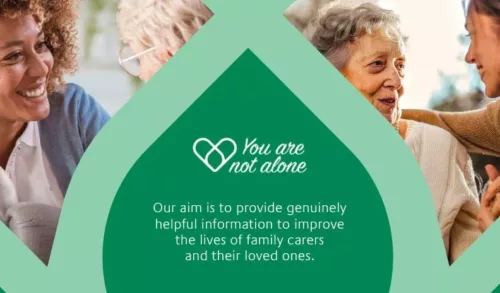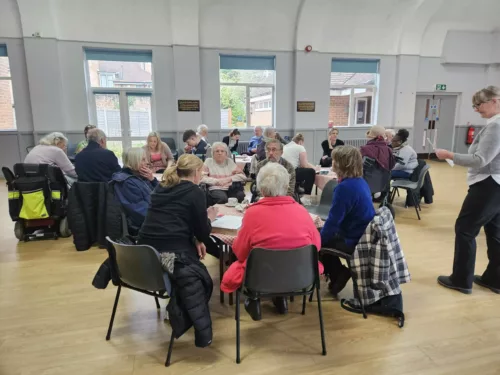
What is Raynaud’s, what are the symptoms and causes and how can I combat it this Raynaud’s Awareness Month?
Raynaud’s is a condition that affects 1 in 6 people in the UK – it causes the blood vessels in the extremities to be over-sensitive to cold or stress. An attack of Raynaud’s causes fingers or toes to change colour – it can be very painful.
Raynaud’s Awareness Month starts next week (Feb 1), so we have compiled some information to help you and your loved ones to recognise and combat the condition.
What does a Raynaud’s attack look like?
Someone with Raynaud’s may show an attack as changes of colour in the fingers and toes, although other extremities like lips and ears can also be affected. The condition is caused when the blood vessels in the extremities become over sensitive to cold or stress. Normally, when it’s cold our blood vessels narrow, but in someone with Raynaud’s it is more marked. Fingertips may go white, blue or purple. An attack can last a few minutes, or a few hours and people may experience numbness, pins and needles and pain in the affected area. When the blood returns to the area it can also be painful.
What can I do to help combat it?
As Raynaud’s is brought on by cold or stress, it is important to keep warm when the temperatures drop. Gloves, hand warmers and thick socks can help, as can fleece lined shoes / insoles.
Wearing lots of light layers to trap heat in.
Try and exercise in whichever way is comfortable for you or your loved one, as it improves circulation.
To combat stress, the NHS recommends breathing exercises, which you can see here.
Should I be worried about Raynaud’s?
Generally, Raynaud’s, although painful, the NHS say that it does not generally cause severe problems and can be treated by the means mentioned above. However, Raynaud’s can be a sign of more serious conditions. The Scleroderma and Raynaud’s UK organisation says that secondary Raynaud’s is caused by another condition and can cause sores. You can find more information here.
If you are concerned about the condition, contact your GP, as they may be able to advise on different treatment options.
Where can I get further information and support?
More information can be found on the NHS website here or via the Scleroderma and Raynaud’s UK website here.
Good Oaks Home Care provides award-winning home and live-in care of elderly and vulnerable. We live by our PRIDE values of Professionalism, Respect, Integrity, Dedication and Empathy. Good Oaks Home Care believes in creating the best teams to provide outstanding care by valuing, developing and rewarding the caring people that work with them. If we can help you and your loved one or you’d like to learn more, please contact us here.
If you are interested in becoming a Good Oaks franchisee, visit our home care franchise website to find out more.





